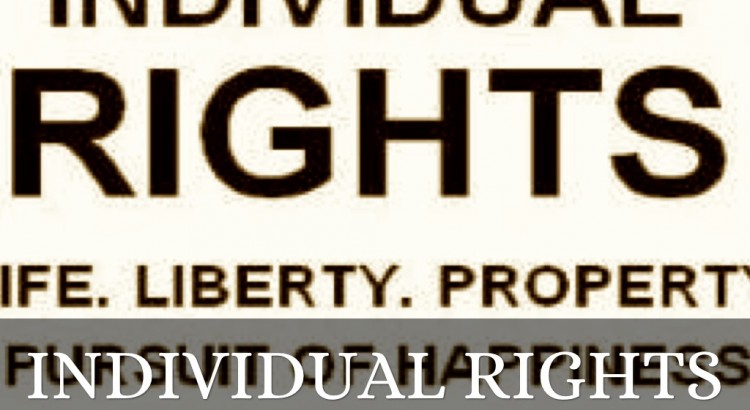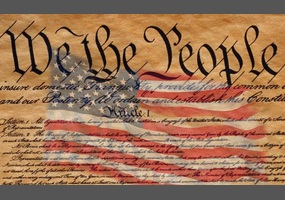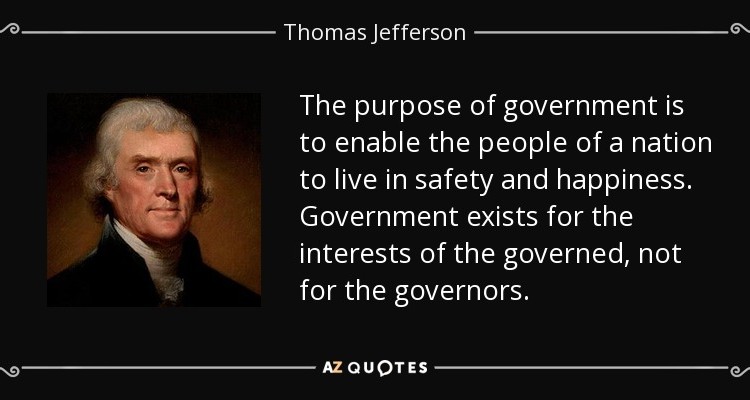There is much debate in our country today over this subject of “rights.” Many of these claims are without basis, for they are not truly “rights.” A “right” is something you are not given, but instead are born with – it is innate within you, and as such is something to which no one or group has a legitimate claim.
Such are the “inalienable rights” we are familiar with from our Declaration of Independence. It should be noted that the four listed in that second paragraph, life, liberty, pursuit of happiness and the removal of a tyrannical government, are only the beginning point of “rights;” others are enumerated within the so-called “Bill of Rights” in our Constitution.
One of these additional “rights” is brought front-and-center in the first amendment, namely the right to free speech. The meaning of this short phrase is simple – I, you, and everyone else, have the inalienable right to speak our mind without the fear of repercussion. Such a right goes hand-in-hand with those other rights named in that amendment.
However, even rights have their limitations. My right to life, for example, ends when I willingly take away that right to life of another fellow human being. My right to speak freely ends when my speech slanders another, causing them harm, or prohibits them from likewise exercising their right to free speech. The motto of rights is simple – “do no harm,” for when you do, you forfeit your right of the same nature.
As we are in the throes of a tumultuous political season, I have witnessed countless examples of a violation of this principle of rights. Many individuals have taken part in protests against those seeking public office. Such protesting is a legitimate right; but when the actions of those protesters prohibit the rights of those candidates to speak or in prohibiting their fellow citizens from engaging in the political process in a peaceful manner, they have abdicated their claim to such a right.
There are so many other areas where we see this principle being violated. The riots in Ferguson, Missouri or Baltimore, Maryland, where thugs and hooligans went on a rampage, destroying private property (ownership of which is another alienable right) because they felt an injustice was committed are two recent examples.
If we are to be a “civil” society, it is high time we begin to act “civilly.” This is why we must ingrain the concept of “rights” and the motto of “do no harm” within our children by teaching and demonstrating this principle to them; for a society that is no longer “civil” is a society that will collapse inward upon itself and cease to exist.
– May 6, 2016


